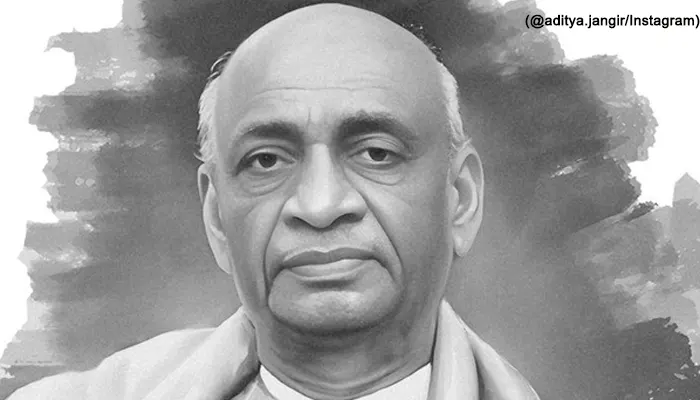RBI's New Monetary Policy: Reasons Behind More Focus on Safe Online Payments
- Admin
- 1 year ago
- 3 minutes read

Good news on the way for people highly dependent on online payment as RBI releases new monetary policy.
Post Lok Sabha Election 2024 results, all eyes were on Reserve Bank of India’s (RBI) new monetary policy. And, with the announcement of it, the movement for embracing digital India has been strengthened. In this article, we will discuss about policy reforms as RBI emphasized on online payment gateways.
What's New?
RBI Governor Shaktikanta Das released the second bi-monthly monetary policy of the financial year 2024-25.
Reformed UPI Lite: Currently, a lot of Indians are dependent on Unified Payment Interface (UPI) lite wallet. Previously, it allowed customers to “load up to ₹2000 and make payments up to ₹500 per transaction.” Now, the RBI is introducing an auto-replenishment feature for the UPI Lite wallet under the e-mandate framework. As per new feature, “users won't have to manually reload their wallet each time the balance is low.”
Creating a Digital Payments Intelligence Platform: RBI has confirmed taking drastic steps to prevent digital payment fraud. The central bank has called for a system-wide approach to prevent such frauds. “It is proposed to establish a Digital Payments Intelligence Platform for network level intelligence and real-time data sharing across the digital payments’ ecosystem,” Das said in his monetary policy committee (MPC) statement.
The panel will be headed by Abhaya Hota, a key figure behind developing India's digital economy. Meanwhile, he was the first chief executive officer of National Payments Corporation of India (NPCI).
As per The Economic Times reports: “Members of the panel would include representatives of NPCI, State Bank of India, HDFC Bank and ICICI Bank.”
Reasons behind Emphasis on Online Payment:
By 2030, the internet economy of India is expected to touch $1 trillion. Having said that, online fraud is rising rapidly marking around 400% rise costing approximately Rs 13,930 crore. RBI analysis showed: “While small value card/internet frauds contributed maximum to the number of frauds reported by the private sector banks, the frauds in public sector banks were mainly in loan portfolio.”
“The number of frauds reported related to card and internet payments increased from 3,596 in FY22 to 29,082 in FY24. In terms of value, it increased from Rs 155 crore in FY22 to Rs 1,457,” the RBI report further added.
Due to astonishing growth in online payment frauds in recent years, the RBI’s monetary policy was so focused to mitigate it.
Other Highlights of Monetary Policy:
The RBI has decided to keep the benchmark repo rate unchanged at 6.5% for the eight consecutive time by a 4:2 majority. It was also decided to “continue with its stance of withdrawal of accommodation.”
Meanwhile, the RBI has increased its GDP growth forecast for FY25 to 7.2% from 7%. The central bank retained FY25 inflation rate at 4.5%.
RBI governor further mentioned: “The pattern of world crisis continues, but India is seeing positive growth. But we need to stay vigilant against new challenges. The RBI sees bright prospects of sustained high growth. RBI will gear up to be future ready to enhance India's global positioning.”



.webp)

.webp)






